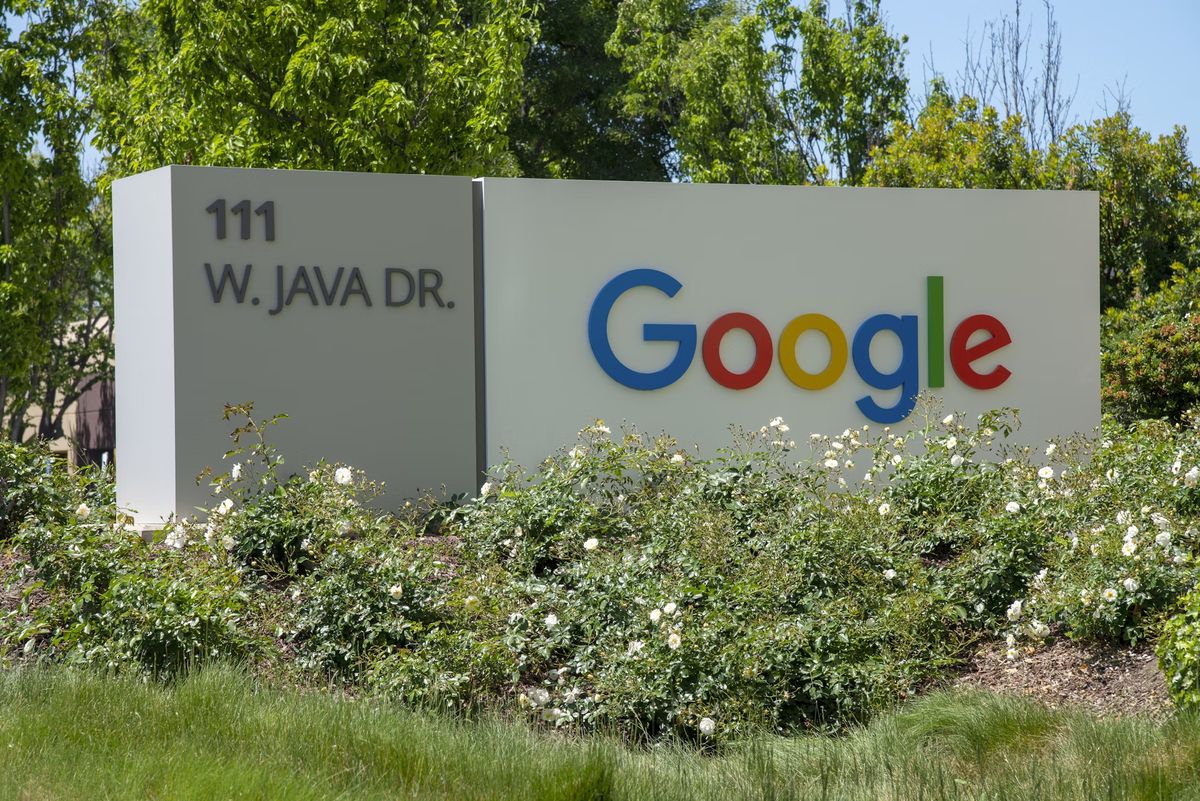Microsoft and Google are back at each other’s throats. This time, the fight is over cloud services, and it’s getting personal. Microsoft recently accused Google of running “shadow campaigns” to discredit its cloud business. The software giant revealed that Google was behind the newly formed Open Cloud Coalition just hours before its official announcement.
According to Microsoft, Google has taken steps to undermine its reputation with regulators and the public. Rima Alaily, Microsoft’s deputy general counsel, described Google’s actions as a coordinated effort to “discredit Microsoft with competition authorities and policymakers.” Google allegedly went so far as to recruit smaller European cloud providers to be the public face of the new organization, all while masking its own involvement.
The Open Cloud Coalition was established following Google’s unsuccessful attempts to stop a settlement between Microsoft and the Cloud Infrastructure Services Providers in Europe (CISPE). Earlier this year, CISPE dropped its EU complaint about Microsoft’s licensing practices for Azure after Microsoft agreed to let European cloud providers offer Microsoft apps on their local cloud infrastructure. Microsoft claims that Google offered CISPE members cash and credits to oppose the settlement—an allegation Google hasn’t publicly addressed.
Antitrust tensions
The core of Google’s argument against Microsoft lies in what it sees as anticompetitive practices designed to lock users into Azure. Google claims Microsoft makes it difficult and expensive for companies to migrate their existing Windows Server licenses to other cloud providers. This is a critical issue for businesses transitioning from on-premises infrastructure to the cloud. Microsoft, on the other hand, maintains that if companies choose to use their Windows Server licenses on Azure, it’s entirely fair. They see no reason to offer discounts or incentives for businesses wanting to migrate those licenses elsewhere.
This conflict has come at a time when Google is still trailing behind Amazon and Microsoft in the cloud market. Despite a leadership change over five years ago, Google remains a distant third. Facing over 20 antitrust investigations related to its search, advertising, and app store practices, Google appears eager to shape cloud regulations in its favor.

A rivalry rekindled
Microsoft and Google’s rivalry has been simmering since the end of their six-year truce in 2021. That year, tensions escalated when Microsoft’s president, Brad Smith, criticized Google’s lack of cooperation during the SolarWinds cybersecurity incident. He also intervened in a dispute between Google and the Australian government over content licensing. The back-and-forth even reached a U.S. House Judiciary Committee hearing, where Smith accused Google of monopolizing digital ads. Google responded by accusing Microsoft of attempting to “undercut a rival” and harming the open web.
These latest accusations suggest that a new chapter of this rivalry is beginning, one that’s driven by both regulatory scrutiny and market ambitions. The feud, in its current form, echoes old conflicts that caused major disruptions for customers and partners alike. Whether it was Google cutting off Windows Phone users from Gmail or Microsoft switching its Edge browser to Chromium in 2019, both companies have often used their ecosystems as leverage against each other.

Cloud wars and AI ambitions
At stake for Microsoft is its cloud business, a major driver of growth, with cloud and server revenues reaching $24.1 billion last quarter. Microsoft has heavily invested in cloud infrastructure to fuel its AI efforts, including its $13 billion investment in OpenAI. CEO Satya Nadella has not been shy about his ambitions, stating that he wants to use AI to chip away at Google’s core business: search.
Google, on the other hand, is looking to expand its cloud market share as it navigates ongoing regulatory investigations. The rivalry has even spilled into the AI space, with both companies pouring resources into integrating AI across their services.
This feud is unlikely to end in compromise or collaboration, as was seen when Microsoft adopted Chromium. The stakes are much higher now. With both companies increasingly committed to AI-driven cloud services, the competition has grown fiercer, with each accusing the other of anticompetitive practices and dirty tactics.
In the coming months, expect more public jabs, lobbying efforts, and perhaps even more legal skirmishes. Both Microsoft and Google have demonstrated that they are willing to fight—and fight dirty if need be—to maintain and expand their positions in the cloud market. As Google tries to poke holes in Microsoft’s security claims, and as Microsoft aims to outmaneuver Google with AI advancements, one thing is clear: this battle is far from over.
Featured image credit: Kerem Gülen/Ideogram





